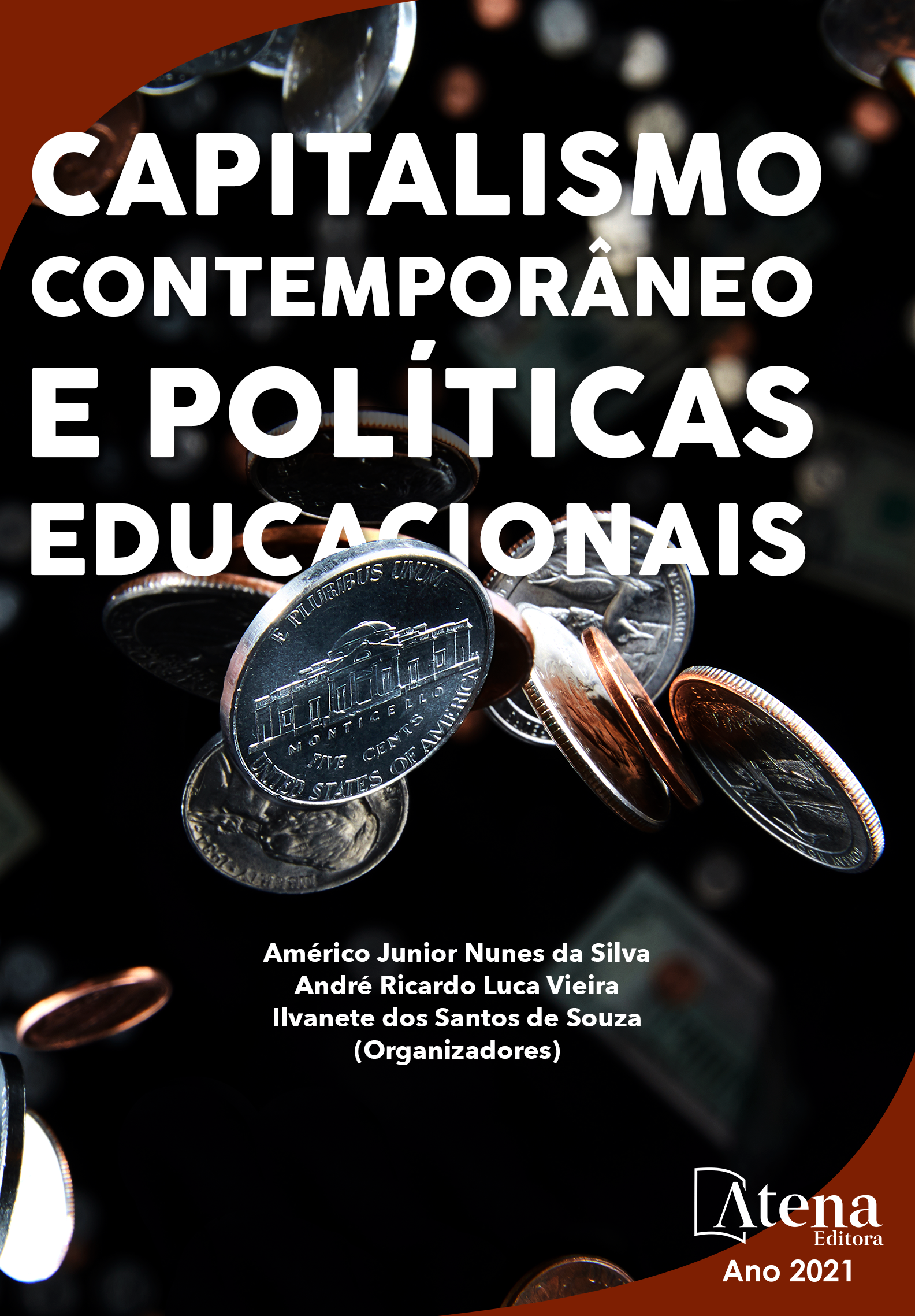
LIMITES DAS POLÍTICAS SOCIOEDUCACIONAIS NO BRASIL FRENTE ÀS DESIGUALDADES SOCIOECONÔMICAS
A pesquisa de natureza bibliográfica e estatística tem como objetivo aprofundar os limites das políticas educacionais diante das estruturas socioeconômicas desiguais existentes no Brasil. As políticas educacionais, mesmo com tensões e contradições em suas formulações, avançaram muito na perspectiva emancipadora-cidadã desde a Constituição Federal de 1988. O artigo 206 da Constituição trata da educação e, nele, são estabelecidos vários princípios que fortalecem o papel da educação na efetivação da cidadania: a igualdade de condições para o acesso e permanência na escola; a liberdade de aprender, ensinar, pesquisar e divulgar o pensamento; o pluralismo de ideias; a gratuidade do ensino público; a valorização dos profissionais do ensino; a gestão democrática e a garantia de uma educação de qualidade. Esses princípios, retomados na LDB de 1996 e nas políticas educacionais posteriores, traduzem os anseios de uma educação plural, crítica e emancipadora, portanto, geradora de igualdade. No entanto, os avanços nas formulações legais defrontam-se com um conjunto de obstáculos decorrentes das profundas desigualdades sociais e econômicas existentes. Focam-se, neste texto, as contradições estruturais existentes na sociedade brasileira tendo como base a produção bibliográfica crítica e dados estatísticos da Oxfam, do INEP e do IBGE. Nas considerações finais, serão retomados alguns desafios das políticas educacionais na superação das desigualdades e discriminações existentes na sociedade brasileira.
LIMITES DAS POLÍTICAS SOCIOEDUCACIONAIS NO BRASIL FRENTE ÀS DESIGUALDADES SOCIOECONÔMICAS
-
DOI: 10.22533/at.ed.67821110613
-
Palavras-chave: Políticas educacionais. Cidadania. Desigualdade socioeconômica. Justiça Social.
-
Keywords: Educational policies. Citizenship. Socioeconomic inequality. Social Justice.
-
Abstract:
This research of a bibliographical and statistical nature aims to deepen the debate about the limitations of educational policies facing the unequal socioeconomic structures that prevail in Brazil. Even though there are tensions and contradictions in its formulations, the educational policies have advanced considerably in the perspective of citizenship and emancipation since the Federal Constitution of 1988. The article 206 of the Constitution deals with education and establishes many principles that strengthen the role of education in the development of citizenship; the equality of conditions of access and persistence in school; the freedom to learn, teach, research and express thought; the pluralism of ideas; the free public education; the appreciation of the value of school education professionals; the democratic administration and the assurance of quality education. These principles, recovered in the LDB of 1996 and in later educational policies, convey the desire for a plural, critical and emancipatory education, therefore, one that generates equality. However, the advancement of legal formulations face a set of obstacles related to the deep social and economic inequalities that exist. This text focuses on the existing structural contradictions in Brazilian society, based on a critical bibliographical production and statistical data from Oxfam, INEP and IBGE. In the conclusion, some challenges faced by educational policies in overcoming the inequalities and discriminations that exist in Brazil will be recuperated.
-
Número de páginas: 15
- Telmo Marcon


